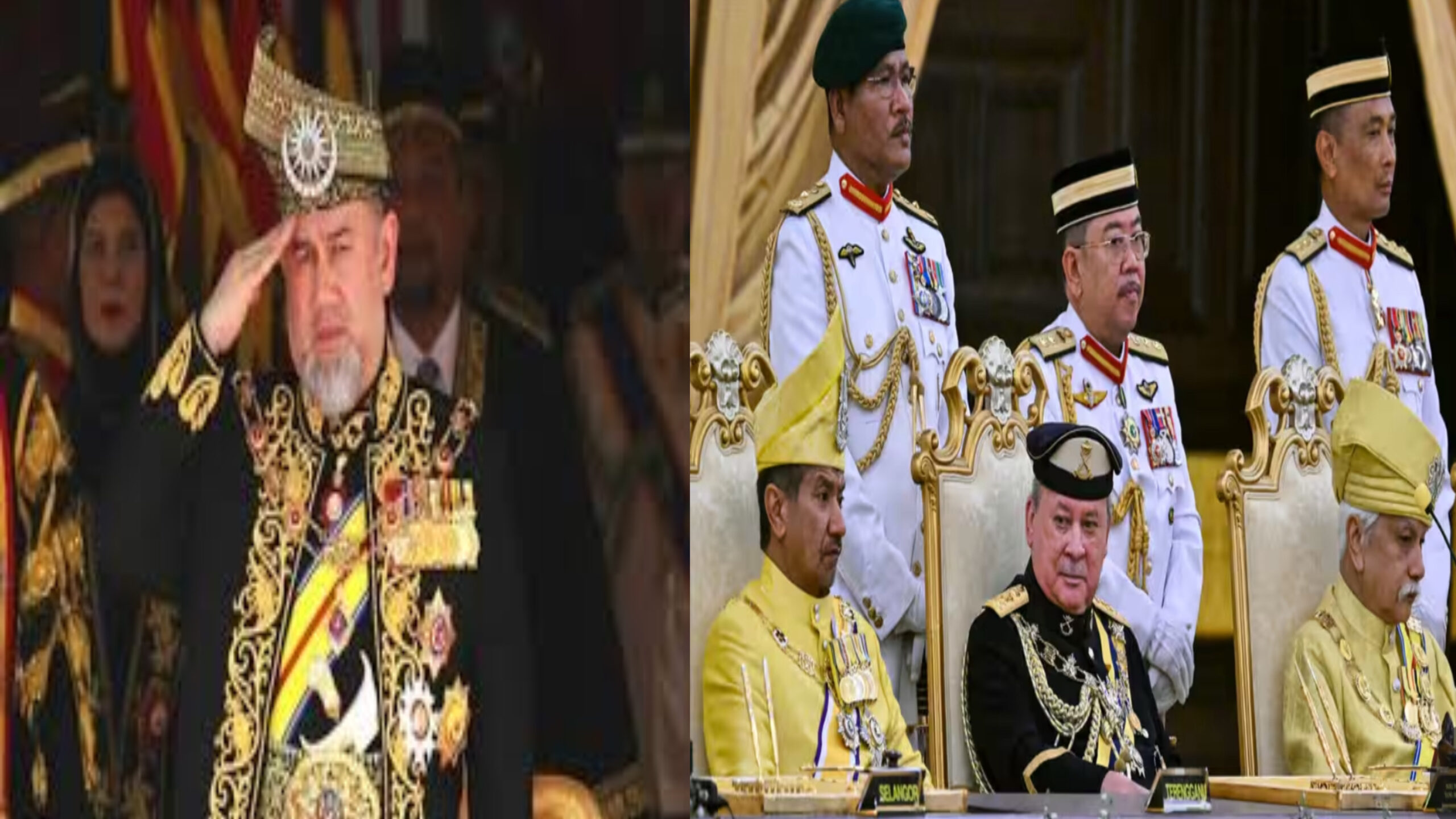Malaysia recently marked a significant milestone by inaugurating a unique figure as its monarch under its exclusive rotating monarchy system. Sultan Ibrahim Sultan Iskandar, known for his fondness for motorcycles and his status as a billionaire, ascended to the throne during a period where royal involvement has become crucial in navigating the country through political upheavals.
Malaysia’s distinctive form of monarchy, which has been in place since its independence from Britain in 1957, involves a rotation among the rulers of its nine ethnic Malay states, who serve as king for five-year intervals. This system has seen the monarchy stepping in to appoint prime ministers in the wake of government collapses and a parliamentary deadlock following an election, illustrating its pivotal role in the nation’s political landscape.
Sultan Ibrahim, at the age of 65, expressed his reluctance to be a ceremonial figurehead in a conversation with Singapore’s The Straits Times. He emphasized his commitment to the Malaysian populace over political allegiances, stating, “There’re 222 of you [lawmakers] in parliament. There’re over 30 million [population] outside. I’m not with you, I’m with them.”He clearly supports the government but is ready to express dissent when needed.
The king’s authority includes the power to grant pardons, a notable instance being in 2018 when Sultan Muhammad V, one of Sultan Ibrahim’s predecessors, pardoned Anwar Ibrahim. Anwar, who had been imprisoned on charges of sodomy, is currently serving as Malaysia’s prime minister. Beyond political appointments, the king’s responsibilities extend to being the official head of Islam in the predominantly Muslim nation and the commander-in-chief of its armed forces.
Sultan Ibrahim’s wealth, estimated by Bloomberg to be at least $5.7 billion, stems from a vast array of assets including land in Singapore and investments in sectors such as palm oil, real estate, and telecommunications. With Malay-British heritage, he is a leading figure in the influential Johor royal family, which maintains a private army.
His relationship with Prime Minister Anwar is notably strong, and he has been vocal about issues of Malaysian politics and corruption. Sultan Ibrahim’s moderate stance on religious matters was highlighted in 2017 when he demanded an apology from a launderette owner for discriminating against non-Muslims.
An avid motorcyclist, Sultan Ibrahim is known for his charitable tours around Johor on his Harley-Davidson, during which he distributes aid to the needy. He is married and has six children. It’s worth noting that any criticism perceived to undermine the king can lead to imprisonment, underscoring the respect and reverence held for the monarchy.
In the broader context of global events, the year 2023 presented numerous challenges and unpredicted developments. In the United Kingdom, Prime Minister Rishi Sunak’s tenure, which promised stability and accountability following the tumultuous periods under Boris Johnson and Liz Truss, faced its own set of controversies and criticisms. The ongoing political drama within the Conservative Party seemed to divert from the promised path of governance.
Internationally, the landscape was no less turbulent. Donald Trump’s potential return to the presidency loomed large in the United States, while the protracted conflict in Ukraine showed no signs of abating, raising concerns about the international community’s waning interest and commitment. Additionally, conflicts in the Middle East and the escalating climate crisis continued to demand urgent attention and action.
Yet, with the onset of a new year, there’s a renewed sense of optimism. Upcoming elections in several countries, including the UK and the US, offer opportunities for change and progress. The belief in the possibility of a better future remains strong, and the importance of comprehensive and independent journalism in shaping that future cannot be overstated.
As such, The Guardian appeals to its readers for support. The organization emphasizes the significance of accessible, open journalism and its reliance on reader contributions to maintain its operations. By inviting financial support, The Guardian aims to keep its reporting free and available to all, ensuring a collective journey towards a more informed and engaged society.
In conclusion, as we navigate through these challenging times, the value of unity, informed discourse, and proactive engagement in the political process is more crucial than ever. The commitment to open journalism and the support of its readers are indispensable in fostering a well-informed public, capable of making decisions that lead to positive change and a more hopeful future.

